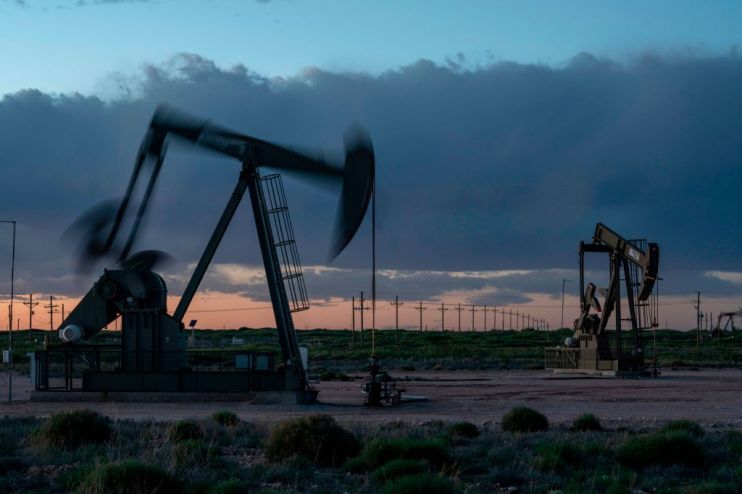OPEC+ decisions not politicised, Saudi energy minister insists

Decisions by OPEC+ are not politicised and are based on market fundamentals, Saudi Arabian energy minister Prince Abdulaziz bin Salman argued on Monday, adding that the alliance of oil producers is sufficiently flexible to adjust policy as needed.
Prince Abdulaziz was speaking at a media forum in the capital Riyadh about last October’s decision to cut the group’s production target by two million barrels per day.
The group comprising the Organization of the Petroleum Exporting Countries (OPEC) and allies including Russia agreed the cuts until the end of 2023.
Prince Abdulaziz reiterated in an interview with Energy Aspects last week that the decision was locked in for the rest of the year- adding he remained cautious on Chinese demand forecasts.
OPEC raised its 2023 global oil demand growth forecast this week on the back of China relaxing COVID restrictions, but Prince Abdulaziz believed more assurances were needed.
He said: “The agreement that we struck in October is here to stay for the rest of the year. Period.
The minister argued the oil group can’t increase output based solely on initial signals.
“The Chinese economy’s unlocking and because of that you will have demand and what have you, but we all went through cycles of openings and lockdowns and therefore what assurances (would we have) and the world have that none of what we went through, all of us, every country, will not be repeated?,” he explained.
Prince Abdulaziz also felt it was still unclear how much longer global monetary and fiscal tightening would continue – which would also influence OPEC policy.
“The jury is still out on how much more inflation may come and how the central bankers will react to it given their mandate,” he said.
The prince blamed the Paris-based International Energy Agency (IEA) and its initial predictions for a three million barrels per day fall in Russian production for the US strategic petroleum reserve releases last year.
“That is a decision that is not mine, I respect the decision,” he said, referring to the US administration’s sale of oil from its reserves last year to tame oil prices that had risen on the back of Russia’s invasion of Ukraine.
“The IEA was responsible for it because of the screaming and scaring that they had done on how much Russia will lose in terms of its production.”
Reuters – Maha El Dahan and Aziz El Yaakoubi
